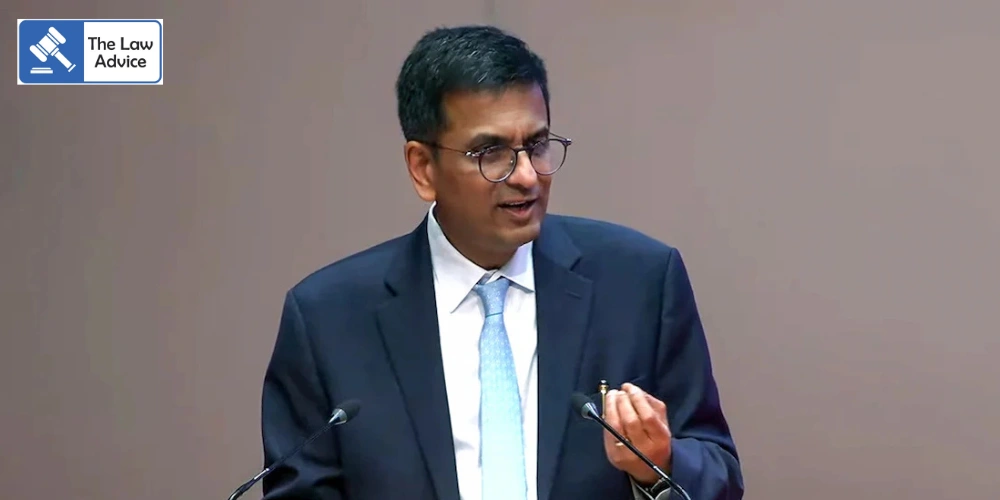
A Delhi Court has imposed a total cost of ₹6 lakh on lawyer Mehmood Pracha for filing what it termed a “frivolous and luxurious” plea seeking to nullify the 2019 Ayodhya verdict on the basis of remarks made by former Chief Justice of India Justice D.Y. Chandrachud during a public address.
District Judge Dharmender Rana of the Patiala House Courts upheld the earlier order of the trial court that had imposed ₹1 lakh as costs and added another ₹5 lakh, making the total payable amount ₹6 lakh, to be deposited with the Delhi Legal Services Authority (DLSA) within 30 days.
“The cost imposed by the learned Trial Court has evidently failed to achieve the deterrent effect intended. Therefore, to effectively check the menace of frivolous and luxurious litigation, the cost needs to be suitably enhanced,” Judge Rana observed.
Pracha had filed a civil suit seeking to set aside the Supreme Court’s 2019 judgment in the Ayodhya dispute, claiming it stood vitiated by fraud. He relied on Justice Chandrachud’s past remark that he had “prayed to the deity to show him the way,” arguing that such a statement amounted to “unlawful interference” by a litigant—the deity—into judicial decision-making.
He contended that the supposed communication between the “probable author” of the judgment and a party to the case (the deity) rendered the verdict void on the grounds of fraud, and that any aggrieved person was entitled to challenge it on that basis.
Rejecting the argument, the Court found no substance in Pracha’s interpretation of Justice Chandrachud’s words. It clarified that the former CJI’s “prayer to the Supreme Being” was spiritual and had no connection with the juristic personality of the deity involved in the Ayodhya case.
“The appellant seems to have missed the subtle distinction between the ‘Supreme God’ and the ‘juristic personality’ litigating before the Court. It appears he has not cared to go through the Ayodhya judgment, otherwise such confusion would not have arisen,” the Court remarked.
It further held that seeking divine guidance does not constitute a fraudulent act, either in law or faith, and that the plaint disclosed no valid cause of action. Accordingly, the Court upheld the dismissal of the suit by the trial court.
Additionally, the judge refused to implead Justice Chandrachud as a respondent, rejecting Pracha’s request for his personal appearance, calling such an attempt “bad in law” and motivated by oblique intent.
Judge Rana also expressed concern over the growing trend of targeting former public officials after they demit office. He observed:
“Certain unscrupulous litigants harbour a misconceived notion that once a public functionary leaves office, they become vulnerable to malicious assault. The situation becomes distressful when the protector himself turns predator.”
Criticising Pracha’s conduct, the Court said that despite being a senior advocate, he had chosen to engage in “false, frivolous and luxurious litigation.”
“Instead of being part of the solution, the appellant has chosen to aggravate the problem,” the judge concluded.
Website designed, developed and maintained by webexy